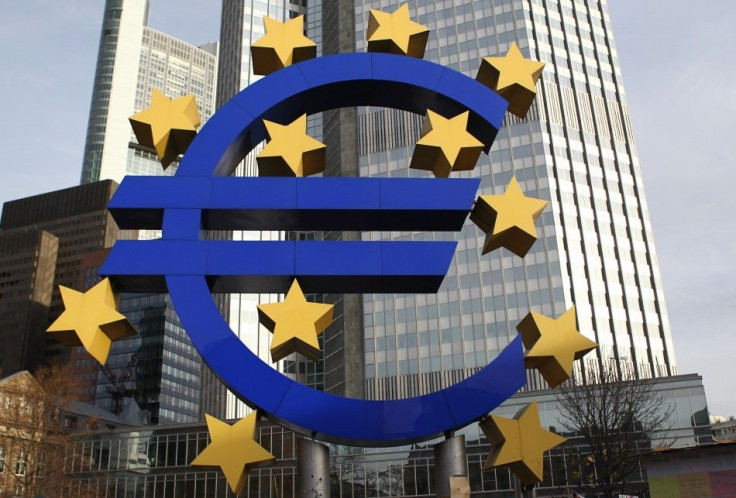EU Considers New Controls For Shadow Banking Sector

(Reuters) - The European Commission is widening its regulatory sweep to include "shadow" banking, heralding new controls over the sprawling and largely unchartered €46 trillion or $61 trillion sector blamed for helping trigger the financial crisis.
The EU's executive launched a consultation with industry on Monday with a view to writing rules to control shadow banking, a term describing activity resembling banks' basic borrow-and-lend model, but often taking place beyond the watch of regulators.
It opens up a new front in the regulatory drive of Brussels, which some analysts believe has been slow to tackle the causes of a financial crisis that struck Europe roughly five years ago.
"What we do not want is for financial activities and entities to circumvent existing and foreseen rules, allowing new sources of risk to accumulate in the financial sector," said Michel Barnier, the EU official in charge of regulatory reform.
"That is why we need to better understand what shadow banking actually is and does, and what regulation and supervision may be appropriate."
Political leaders are aware of the potential problem that shadow banking presents and the Group of 20 top global economies have asked their task force, the Financial Stability Board (FSB), to come up with plans to regulate the sector.
That will give a lead to the European authorities in finalizing their plans.
The chairman of Britain's Financial Services Authority, Adair Turner, has called for radical plans to regulate shadow banking, saying last week that the system may be too complex for regulators to understand.
Hedge funds and private equity are often cited as examples of shadow banking. But the term can also take in investment funds and even cash-rich firms that lend government bonds to banks, and which in turn use them as security when taking credit from the European Central Bank.
Shadow banking can also refer to offshore vehicles such as those that banks used before the crisis for leverage, as well as money-market funds taking deposits from companies.
ALPHABET SOUP
The man credited with coining the term, former PIMCO managing director Paul McCulley, understood it to mean "the whole alphabet soup of levered up non-bank investment conduits, vehicles and structures", such as the special investment vehicles that many blamed for the financial crisis.
The sector, which operates on the fringes of mainstream banking, has more than doubled in size over the past decade and accounted in 2010 for more than a quarter of the total financial system and is half the size of all bank assets.
Many fear that as the regulatory net closes in on banks, activity will migrate into shadow banking, building up new financial bubbles that could burst in the future.
Some parts of shadow banking, such as hedge funds, are already regulated in Europe.
"We need to make sure that those who are involved in bank-like business but are not formally considered to be a bank should operate under the same rules as a bank," Andreas Dombret, the board member in charge of financial stability at Germany's Bundesbank, said in a radio interview.
"The supervision (of shadow banks) needs a very broad catalogue of criteria. The more flexible, the better. This also means that it won't work with a singular assessment."
Any European Union regulation will be cast within the FSB's framework, although there is always scope for Brussels to sharpen certain rules. Difficulty in agreeing an exact definition of the problem, however, may undermine attempts to regulate it.
"Many institutions such as hedge funds act similarly to banks when, for example, they buy corporate bonds or lend to companies using the funds of investors or savers," said Graham Bishop, an expert in EU regulatory policy.
"And they face similar risks, often borrowing on a short-term basis and lending over a longer term, making them vulnerable to short-term funding risks."
The Commission, which writes the first draft of EU laws before seeking the green light from the bloc's 27 member states and the European Parliament, said it was focusing on asset management, securities lending and repurchase agreements, securitization, and other shadow banking entities.
Ultimately, it may be down to national and pan-European regulators to keep tabs on the ever-changing sector. This could prove difficult to agree on with countries such as Britain reluctant to see further powers given to pan-European financial authorities.
"If you seek to define shadow banking, it will migrate to escape regulation," Bishop said. "We need to give regulators more leeway to ask if activities like these are something that poses a risk to the financial system."
© Copyright Thomson Reuters {{Year}}. All rights reserved.





















